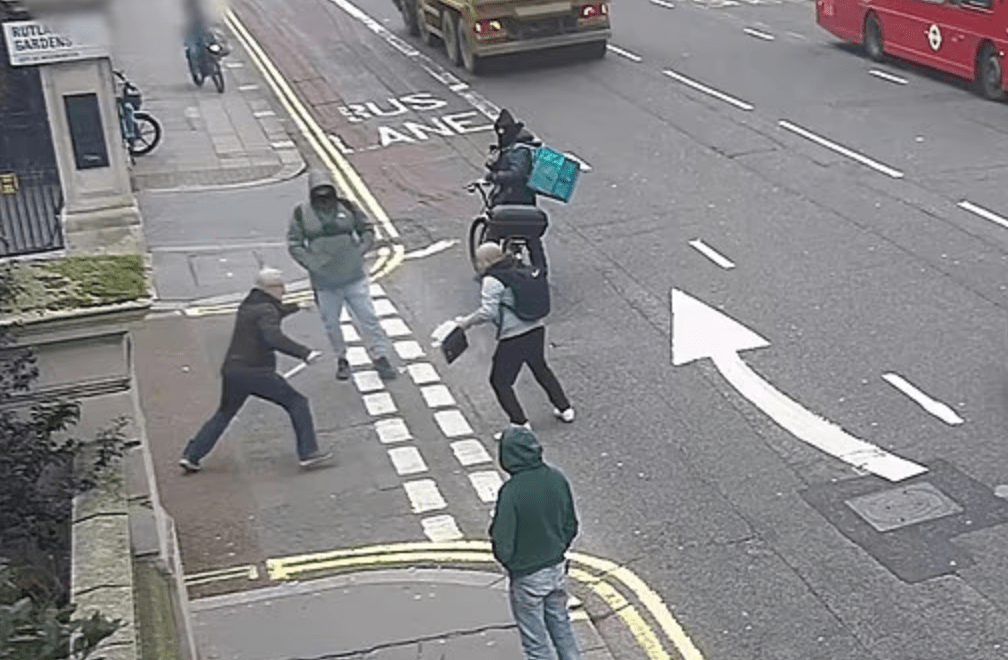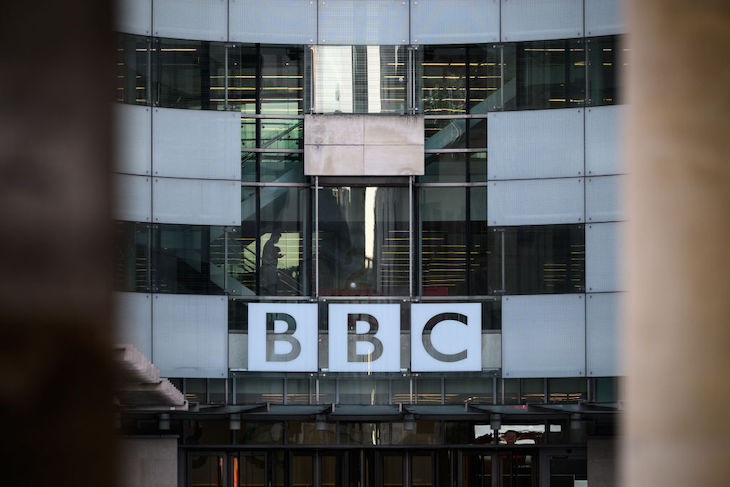There are still some good judges left in England. Yesterday, one of them, Sir Joel Nathan Bennathan KC, granted Hamit Coskun’s appeal against his conviction for burning a Koran. Justice Bennathan began his decision with a forthright defence of ancient English liberties stating that ‘there is no offence of blasphemy in our law’. The judge is right, no matter how much some in the Crown Prosecution Service might wish otherwise.
We should be honest – this was an attempt to create a backdoor blasphemy law under which publicly disrespecting the religious preferences of Muslims would have become a crime
For, as the appeal decision says, while the CPS ‘accept that there is no law that criminalises blasphemy’, they claimed Hamit’s ‘choice to burn the Koran, knowing full well how upsetting that act would be to any Muslim is, in combination with the shouted comments’, meant that it was entirely proper to prosecute him for a racially aggravated public order offence. We should be honest – this was an attempt to create a backdoor blasphemy law under which publicly disrespecting the religious preferences of Muslims would have become a crime. The CPS also claimed during the appeal hearing that the anger shown by Moussa Kadri, the man who attacked Hamit with a knife, and who was spared jail, is evidence that ‘people were indeed distressed’ by the Koran-burning.
Bennathan gave such arguments as little respect as they deserve, noting that ‘being angry is not the same as being harassed, alarmed or distressed’ and that ‘burning a Koran may be an act that many Muslims find desperately upsetting and offensive… the criminal law, however, is not a mechanism that seeks to avoid people being upset, even grievously upset. The right to freedom of expression, if it is a right worth having, must include the right to express views that offend, shock or disturb.’
This is such a simple tenet of free speech, and yet it sounds revolutionary in the UK in 2025. Only last month Graham Linehan was arrested at Heathrow for tweets which no doubt offended, shocked or even disturbed whoever reported him to the police. Similarly, Pete North was arrested just two weeks ago for posting a meme. So we should be grateful to Justice Bennathan for clarifying the law. As this appeal was heard in the Crown Court not the High Court his decision has no binding effect on future courts, but Bennathan has provided a very useful persuasive summary of the relevant law for future free speech decisions.
We should also not forget that the CPS initially chose to invent law regarding Hamit, when they charged him with ‘causing harassment, alarm or distress’ against ‘the religious institution of Islam’, a decision they reversed when it was pointed out that under English law institutions can’t be the victim of public order offences.
Hamit spoke after his appeal, saying ‘I want to thank the Free Speech Union, the National Secular Society, all my lawyers, the MPs who have supported me, and the judges for the decision today. I came to England, having been persecuted in Turkey, to be able to speak freely about the dangers of radical Islam. I am reassured that – despite many troubling developments – I will now be free to educate the British public about my beliefs.’
Stephen Evans is the Chief Executive of the National Secular Society, which, along with the Free Speech Union co-funded Hamit’s appeal. He told me that ‘we welcome today’s judgment as a clear victory for freedom of expression. Hamit Coskun’s protest was a lawful act of political dissent – provocative and distasteful, perhaps, but never criminal.
The original charge laid bare an attempt to use the law to protect religious sensibilities – a revival of blasphemy laws by stealth, punishing expression simply because it offended. Today’s ruling makes clear that in a free society, offence is not a crime.’
The CPS has serious questions to answer in this case. How was the original, unlawful charging decision reached? Why did they proceed with the amended prosecution? Will they reconsider their approach to prosecuting protest and speech? In particular will the CPS recognise that the criminal law should not be used as a response to people feeling ‘upset’, ‘grievously upset’ or even ‘angry’ even if someone isn’t respecting a particular book? Will ongoing prosecutions be reviewed as a result?
When I asked the CPS for comment this afternoon they rejected the idea that they had done anything wrong and stated that their role ‘was not to decide whether Mr Coskun’s actions were right or wrong but to make a factual judgement as to whether there was enough evidence to prosecute… in this case we concluded there was enough evidence to bring the case to the court to decide on and we respect their decision.’
They gave no comment or indication that policy or outstanding prosecutions would be reviewed. It seems that the CPS believe there are no lessons to be learned from their shameful persecution of Hamit Coskun, and we should expect more criminal persecutions for lawful speech.







Comments